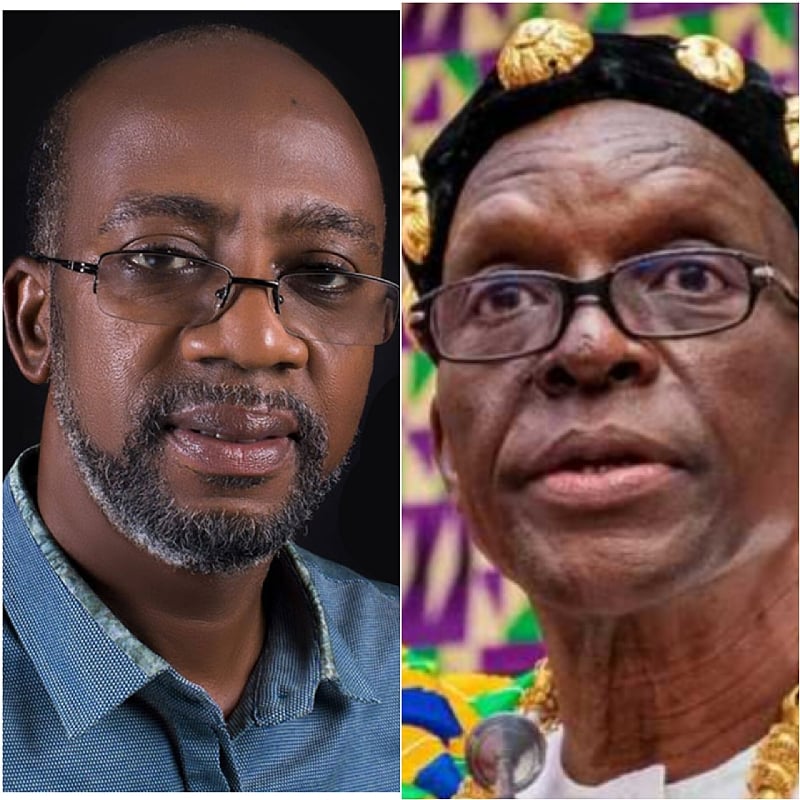The vibrant festive celebrations that mark the end of the year in Ghana have become synonymous with the term “Detty December.” This phrase, however, has recently sparked debate, with some, including Speaker of Parliament Alban Bagbin, expressing reservations about its connotations. Ghanaian music icon Rex Omar has stepped forward to defend the term, emphasizing its cultural significance and pushing back against what he perceives as a misinterpretation of its meaning. The ensuing discussion highlights the complex relationship between language, culture, and perception, particularly in the context of evolving social norms.
At the heart of the debate lies the interpretation of the word “detty.” While some, particularly those unfamiliar with Ghanaian slang, interpret it literally as “dirty,” carrying negative connotations, Rex Omar argues that within the Ghanaian context, “detty” signifies something entirely different. He explains that “detty” in this context is associated with revelry, enjoyment, and the celebratory spirit that permeates the Christmas season in Ghana. It encapsulates the vibrant atmosphere, the energetic festivities, and the shared joy that characterize this time of year. Therefore, “Detty December” is not a call to indecency or debauchery but rather a celebration of the lively and festive spirit of the Ghanaian people.
Rex Omar’s defense of “Detty December” underscores the importance of cultural context in understanding language. He argues that interpreting the term literally, without considering its colloquial usage, misses its true meaning and the cultural nuances it embodies. He emphasizes that “Detty December” is more than just a phrase; it represents a cultural phenomenon, a time when Ghanaians come together to celebrate their heritage through music, dance, art, and communal gatherings. This shared experience strengthens social bonds and reinforces a sense of national identity.
Addressing Speaker Bagbin directly, Rex Omar urged him to look beyond the literal interpretation of “detty” and appreciate the broader cultural significance of “Detty December.” He highlighted the event’s role in showcasing Ghana’s rich cultural heritage to the world, portraying a vibrant and festive nation that embraces its traditions while welcoming visitors to partake in the celebrations. This, he argues, enhances Ghana’s image on the global stage, promoting tourism and cultural exchange.
The “Detty December” debate also raises questions about the evolution of language and the challenges of cross-cultural communication. As societies evolve, language adapts, often incorporating slang and colloquialisms that can be easily misinterpreted by those outside the specific cultural context. This highlights the need for cultural sensitivity and open dialogue to bridge communication gaps and avoid misunderstandings. Rex Omar’s intervention serves as a reminder of the importance of understanding the cultural nuances of language before drawing conclusions based on literal interpretations.
Ultimately, the discussion surrounding “Detty December” extends beyond the semantics of a single word. It touches upon the broader themes of cultural identity, the power of language, and the importance of respecting diverse interpretations. Rex Omar’s passionate defense of the term underscores the need for open communication and a deeper understanding of cultural context to appreciate the true meaning and significance of cultural expressions. He believes that “Detty December,” far from promoting negativity, is a celebration of Ghanaian culture, a time of joy, unity, and shared heritage. He encourages a more nuanced understanding of the term, recognizing its role in showcasing Ghana’s vibrant cultural identity to the world.


